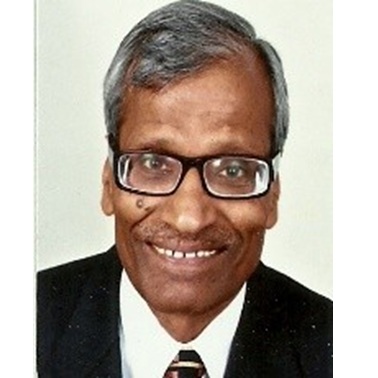The Solar Energy Centre of Excellence (SEC) at the University of Zambia, under the Department of Pure and Applied Physics, School of Natural and Applied Sciences, is a home-grown practical initiative. It was launched in November 2018 by the Hon. Mathew Nkhuwa, then Minister of Energy, at a landmark event attended by stakeholders, including the Vice Chancellor of the University of Zambia, representatives of cooperating partners, and members of the diplomatic community. The Centre is strategically positioned to address the energy needs of Zambia and the region by fostering innovation, capacity development, and quality assurance in solar technologies, thereby contributing to sustainable development in Africa.
SEC was born out of the realization that the Zambian solar energy ecosystem lacks some key support services that are critical for sustainable adoption of solar energy, viz.
- Training,
- Testing,
- Demonstration and Awareness,
- Education,
- Research and Development,
- Consultancy and Advisory.
The overall objective of SEC is to fill the existing gap by providing the six key support services and make Zambia's transition to renewable energy sustainable.
The SEC’s establishment is driven by the urgent need to transition towards sustainable, affordable, and climate-friendly energy solutions in line with Zambia’s National Energy Policy (2019), the African Union’s Agenda 2063, and the UN Sustainable Development Goals (SDGs). With abundant solar resources and a rapidly evolving energy sector, Zambia is uniquely positioned to become a leader in renewable energy adoption — and SEC is at the forefront of making this vision a reality.
Vision:
To become a leading Centre of Excellence that drives increased and sustainable use of solar energy.
Mission:
To contribute to sustainable development through increased adoption of solar energy by delivering high-quality training, research, education, testing, and advisory and consultancy in solar energy technologies through partnerships with academia, industry, government, and communities.
Core Functions
- Training: Building human capital by equipping professionals, technicians, educators, and community leaders with hands-on skills in the design, installation, maintenance, and management of solar energy systems, with a focus on off-grid and rural electrification.
- Testing: Establish quality assurance systems by setting up and operating an accredited testing laboratory for solar components such as panels, batteries, inverters, and charge controllers to ensure the reliability and safety of solar energy installations.
- Demonstration and Awareness: Creating public awareness by demonstrating state-of-the-art solar technologies and their applications.
- Education: Providing education in solar and renewable energy at undergraduate and post-graduate levels to create professionals and middle managers.
- Research, Development and Innovation: To conduct and promote applied and policy-oriented research to support the development and deployment of context-appropriate solar technologies and solutions for Zambia and the wider region. The current focus of SEC’s research is
- Solar energy materials for enhancing efficiency and decreasing cost,
- Solar energy systems – sustainability and economics of large on-grid solar power plants, mini grids and roof top solar systems.
- Consultancy and Advisory: To provide consultancy services in solar energy and share policy advice based on sound research outcomes with the government for national development.
For achieving its objectives, SEC will engage in strategic partnerships and collaborations with universities, industry and other stakeholders. It will build a vibrant network of academic, governmental, and industrial stakeholders to facilitate knowledge exchange, harmonization of standards, and joint research initiatives across the region.

